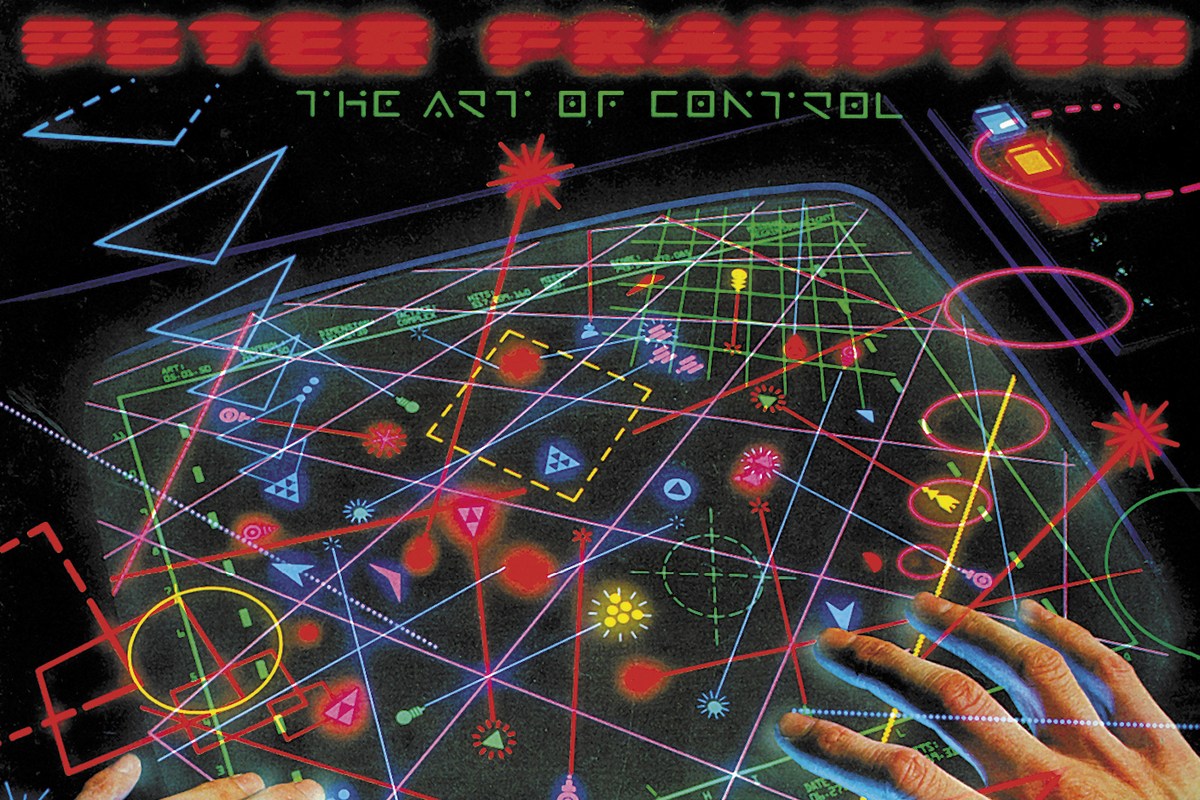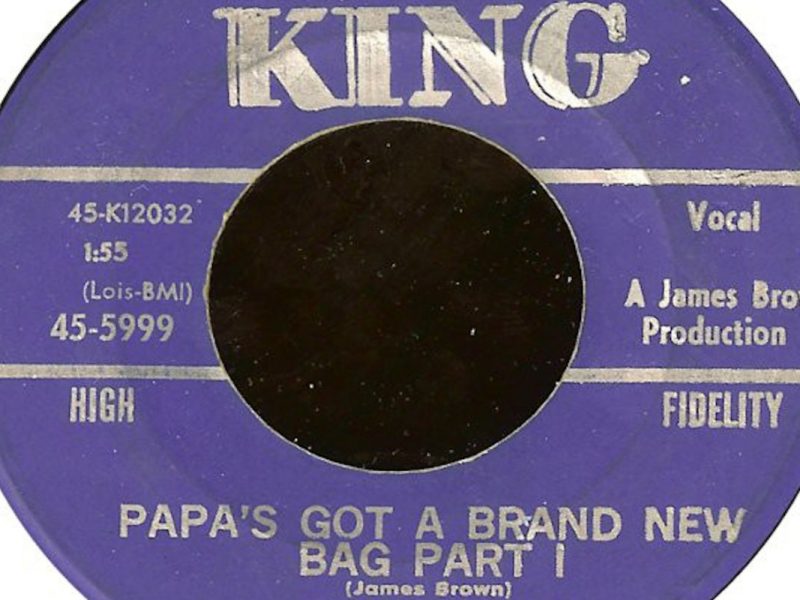Ironically, Peter Frampton had little input in conceiving and crafting an album titled The Art of Control. Released on Aug. 3, 1982, Frampton’s eighth album found A&M Records pushing for a more commercial, radio-friendly sound that could not have been further from his blues-rock roots – not to mention his previous few albums.
The decade had not started on a good note for Frampton: A devastating cargo plane crash in 1980 not only killed all four crew members but was also thought to have destroyed Frampton’s guitars – including the beloved black Les Paul seen on the cover of Frampton Comes Alive! Frampton’s first studio project of the new decade, 1981’s Breaking All the Rules, featured Toto members Steve Lukather and Jeff Porcaro but did not perform well on the charts.
Several years earlier, Frampton had learned the price of rushing into a new album while still riding the high of the last. His follow-up to Frampton Comes Alive!, 1977’s I’m in You, had skyrocketed to No. 2 on the U.S. chart, but Frampton was unhappy with its content – not to mention the somewhat sleazy album cover.
“The old rules, before the biggest-selling-album-in-the-world guy rules, were take advantage of this success, rush another one out,” Frampton told Howard Stern in 2016. “But the thing is, you’re as good as your last release, so I wish we had waited.”
He would have preferred to take time to more deeply consider the songwriting for I’m in You, but A&M and Frampton’s then-manager Dee Anthony pressed for something quick. “There was no time for input, it was all output,” Frampton later wrote in his 2020 memoir, Do You Feel Like I Do? “People get greedy.”
It was similar to the case with The Art of Control: Frampton begrudgingly went along with the idea as A&M chased a more commercial sound.
The producer on the project was Eddie Kramer, who’d worked with Frampton as an engineer on 1973’s Frampton’s Camel and Frampton Comes Alive! He’d always seen the strength of Frampton as a musician and a songwriter: “Peter was the Golden Boy,” Kramer told Mix in 2006. “It seemed to be destiny or something that Peter would become a superstar. He was this really nice person and obviously very talented. He could sing, he played great guitar and he had a bunch of good songs.”
Their earlier work together would stand in stark contrast with The Art of Control, which leaned heavily on relatively simple riffs and repetitive hooks.
Frampton co-wrote all the tracks with guitarist Mark Goldenberg, who’d previously worked with Linda Ronstadt. John Regan, who was later a member of Ace Frehley’s band Frehley’s Comet, played bass guitar. Harry Stinson supplied drums and Ian Lloyd of the New York rock band Stories sang backing vocals.
Listen to Peter Frampton’s ‘Sleepwalk’
Kramer took a more central role, even adding backing vocals to “Barbara’s Vacation,” the last song of the album. He handled the mix without consulting Frampton. “I’d love to get the master tapes of The Art of Control so I could remix it because I had nothing to do with the mixing at all,” he later wrote. “Eddie Kramer’s mixes were good, but it wasn’t the same as if I had been involved.”
Fans shared Frampton’s unhappiness with the results. The Art of Control made it to No. 174 on the Billboard 200 chart but went no further. To add insult to injury, Frampton was dropped by A&M after its release. “It had gone from bad to worse,” Frampton wrote. “But I really didn’t care. That’s awful to say [but] it was a period of ‘What do I do now, and how do I get my mojo working again?'”
Frampton played a handful of U.S. concerts in the fall of 1982, plus shows in Brazil. He then signed with Atlantic in 1983 but took a break from touring and recording. He had little money and little idea where to head next. Frampton said he “decided not to launch into another album, and I was just writing and spending time with family. But it wasn’t a particularly enjoyable time, because I had no idea what was going on.”
Listen to Peter Frampton’s ‘Back to Eden’
His first album with Atlantic, Premonition, arrived in 1986 with the rock-chart hit “Lying.” More importantly, the LP attracted the attention of an old friend, David Bowie. “I love your playing on Premonition, I just listened to it,” Frampton remembered Bowie saying. “Would you come to Switzerland and play on my new record?” Frampton agreed and played guitar on 1987’s Never Let Me Down then returned to global stages as a member of Bowie’s band for the Glass Spider Tour.
Closure with A&M Records finally happened decades later, when he resigned from the imprint in 2006. This time, label executives let Frampton guide the sessions. Fingerprints, the resulting instrumental album, featured guest appearances from Mick McCready, Warren Haynes and Charlie Watts, among others. The album also earned Frampton a 2007 Grammy Award.
Rock’s Most Disappointing Albums
A band’s most disappointing album, as this list shows, isn’t always a band’s worst record.
Was Peter Frampton’s ‘I’m In You’ Doomed to Fail?



